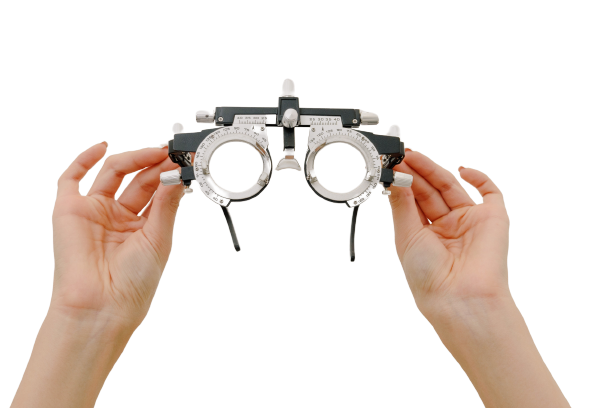Master’s Programme in Biomedical Sciences (MPBS) – FMUI
- (021) 31900908
- pmibfkui@ui.ac.id
- Mon - Fri : 08:00 - 16:00
Master’s Programme in Biomedical Sciences (MPBS) – FMUI


MPBS FMUI defines “Biomedical Sciences” as disciplines of medicine utilizing basic concepts and principles of life sciences (biology, chemistry, and physics) to:
Biomedical research promotes new ways of diagnostics, care, rehabilitation and regeneration in medicine. Excellent research and biomedical science education provided by the Master’s Programme in Biomedical Sciences, Faculty of Medicine, Universitas Indonesia is the spearhead of the latest medical science and research.
Among the results of countless studies, we proudly highlight the development of vaccines and herbal medicines, stem cells including cancer stem cells, hypoxia and oxidative stress as our study with well-known publications or patents.
As a pioneer of the Biomedical Science graduate school in Indonesia, our graduates gain unlimited experience in participating in ongoing research funded by international and local grants, and are also involved in academic cooperation with leading international institutions such as the University of Tsukuba (Japan), Tsinghua University (China), Otago University (New Zealand), and Yonsei University (South Korea). Both academics, research institutions and the national and international biopharmaceutical industry say our graduates are the best graduates with strategic and respected leadership positions.

Anatomy is the branch of biology concerned with the study of the structure of organisms and their parts. Anatomy is a branch of natural science that deals with the structural organization of living things. It is an old science, having its beginnings in prehistoric times.

Biochemistry is the study of the chemical substances and vital processes occurring in live organisms.

Medical biology is a field of biology that has practical applications in medicine, health care and laboratory diagnostics.

the study of the interactions that occur between a living organism and chemicals that affect normal or abnormal biochemical function.

Physiology is the science of life. It is the branch of biology that aims to understand the mechanisms of living things, from the basis of cell function at the ionic and molecular level to the integrated behaviour of the whole body and the influence of the external environment.

Histology, also known as microscopic anatomy or microanatomy, is the branch of biology that studies the microscopic anatomy of biological tissues. Histology is the microscopic counterpart to gross anatomy, which looks at larger structures visible without a microscope.

Microbiology is the scientific study of microorganisms, those being unicellular, multicellular, or acellular. Microbiology encompasses numerous sub-disciplines including virology, bacteriology, protistology, mycology, immunology, and parasitology.

Parasitology is the study of parasites, their hosts, and the relationship between them. As a biological discipline, the scope of parasitology is not determined by the organism or environment in question but by their way of life.

Pathobiology is a branch of biology that concentrates on the biological aspects of disease rather than the medical. Pathobiology is also interdisciplinary, combining with microbiology, genetics, anatomy and animal science.

Immunology is a branch of medicine and biology that covers the medical study of immune systems in all organisms. In such we can see there is a difference of human immunology and comparative immunology in veterinary medicine and animal biosciences.

Reproductive science is the science of creating life and providing solutions to infertility.

Transfusion science involves the analysing of a patients’ blood group and providing safe and appropriate blood or blood components.

Oncology is the branch of medicine that deals with the diagnosis and treatment of cancer.

Stem cells are special human cells that have the ability to develop into many different cell types, from muscle cells to brain cells.

Bioinformatics is defined as the application of tools of computation and analysis to the capture and interpretation of biological data.

Herbal Medicine is a field of study focused on the exploration, identification, and development of natural substances with potential medical application.